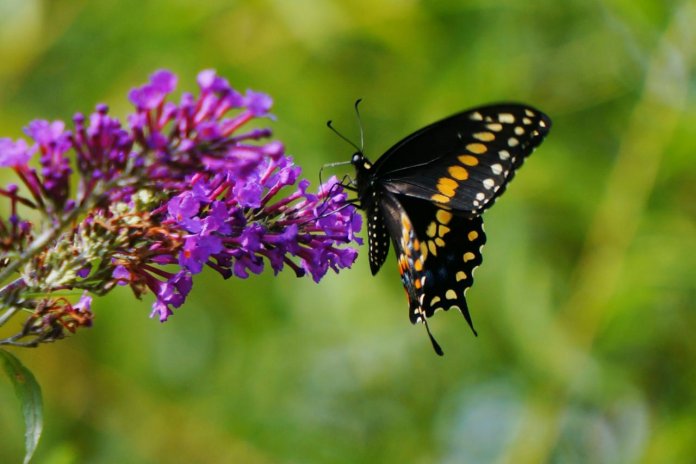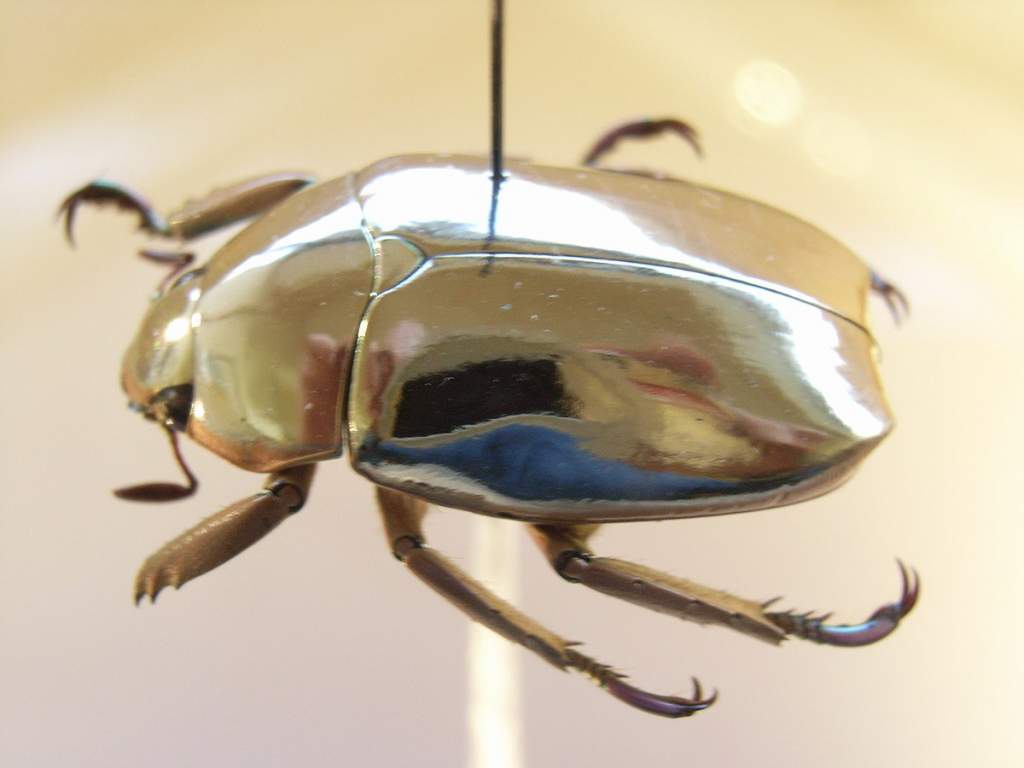One of the most popular ways of assisting with butterfly conservation is by planting suitable food plants in the Butterfly Garden.
The most helpful plants are those that flower late in the season. These can make a real difference to those butterflies that root hibernate, as they build up their fat reserves for the long winter ahead. The flowers are rich in nectar and attractive to butterflies in the Butterfly Garden.
Good examples include the ice plant (Sedum Spectabile), the Valerian (Valerianaceae Spp), and the Michelmas Daisy (Aster novi-belgii). It is not so important to have plants that flower during the summer. As there are usually plenty of butterflies to choose from,
However, like most people, you want to encourage butterflies whenever possible. It’s a good idea to plant a wide range of flower species to maintain a food supply at all times. Those that flower early in the year will help the winter’s survivors in early spring.
Some people also plant things that will be suitable for larval food plants as well as for adult butterflies. Nettles are very good for many of the “Nymphalids,” so it is common for several well-meaning gardeners to leave a patch somewhere out of sight.
Unfortunately, this is only too often behind a shed or under some overhanging trees where they won’t get in the way. They feel justified in say that they have “done their bit” in the cause of conservation. But sadly, the patch is usually damp and lacks sunlight. This will be nearly rejected by discerning female butterflies. They will not lay eggs where they are likely to fall victim to fungal problems caused by lack of warmth ventilation and light.

Also Read: Thick Fleshy Leaves Creeping Sedums Plants







